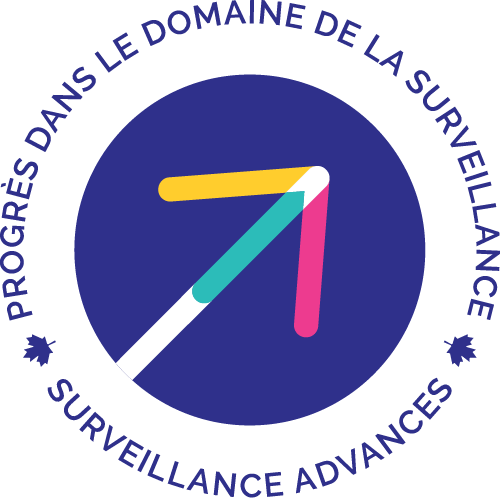Hosted by
The Public Health Agency of Canada (PHAC)’s Data, Surveillance and Foresight Branch (DSFB) and the National Collaborating Centre for Infectious Diseases (NCCID).
Synopsis
Injuries are a leading cause of hospitalization, disability, and death in Canada. In 2018, injuries were associated with over 17,000 deaths, 61,000 disabilities, 230,000 hospitalizations, and 4.6 million emergency department visits, and costed the Canadian economy $29.4 billion, equivalent to $80 million every day. The prevention and minimization of injuries thus presents opportunities to incur cost savings and allocate resources elsewhere in healthcare and public health, and to ultimately reduce the burden of injuries on people’s lives.
The monitoring of unintentional and intentional injuries and targeting interventions to prevent them through public health surveillance is a critical step in reducing the burden of injury. Injury surveillance improves our understanding of the various types of injuries (e.g., falls, poisoning, suicide), their underlying causes and relationships to the social determinants of health, and their trends among population groups.
Resources
Learning objectives
By the end of this seminar, participants will be able to:
- Understand injury prevention as an integral part of a comprehensive public health approach
- Recognize the importance of collaborating with primary knowledge users around actionable data
Moderators
- Elissa Giang, Acting Senior Epidemiologist, DSFB, PHAC
- Luisa Arroyave, Post-doctoral Fellow, NCCID
Speakers
Dr. Richard Louis
Injury Prevention Specialist, Trauma NB
Access Instructions
All instructions for the seminar series will be posted on the Zoom registration page and will be emailed to all registrants prior to the event. Following the event, recordings and slides for each seminar will be posted on this page.
Accreditation statement
Surveillance Advances is a self-approved group learning activity (Section 1) as defined by the Maintenance of Certification Program of the Royal College of Physicians and Surgeons of Canada. Surveillance Advances is also approved by the Council of Professional Experience for professional development hours for members of the Canadian Institute of Public Health Inspectors.

Past Webinars
Surveillance Advances launched in September 2023 with a discussion about the foundational concepts of public health surveillance and the future opportunities that lie ahead. Subsequent seminars featured topics related to health inequalities (seminar 2), data science (seminar 3), maternal and newborn health (seminar 4), and injury surveillance (seminar 5). For a complete list of seminars and to view their recordings, please visit the Surveillance Advances webcasts page.
